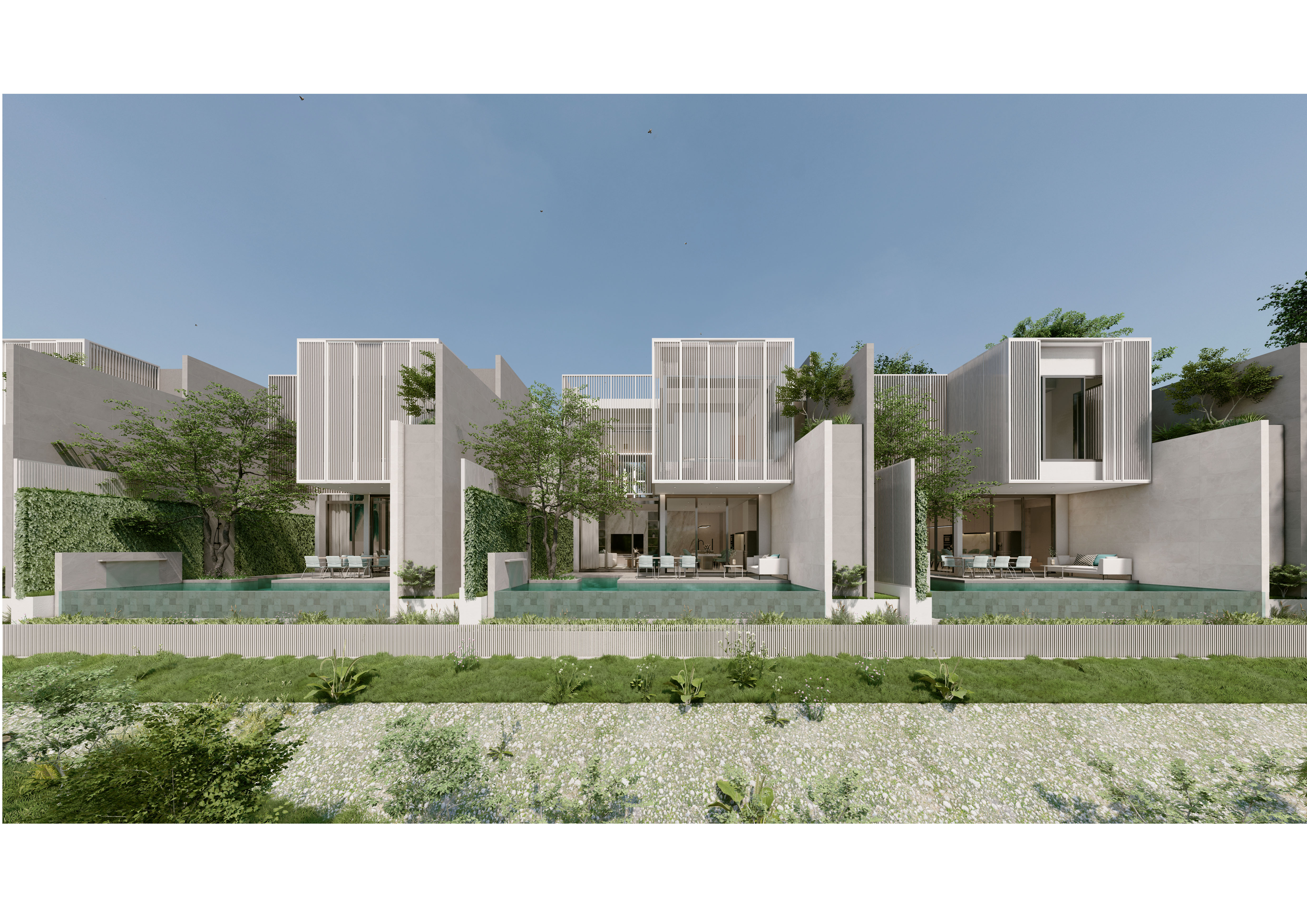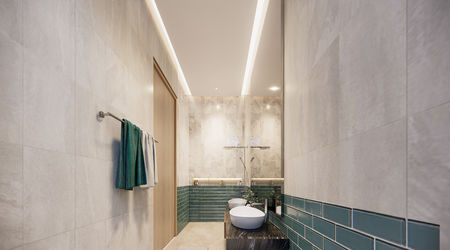| Deal | Sale |
| Property type | Villa |
| Year of completion | 2025 |
| Price per sq.m | 45 664 ฿ |
| Square, m2 | 339 sq.m |
| Plot size, m2 | 240 sq.m |
| Total area, m2 | 579 sq.m |
| Floors in the building | 2 |
| Bedrooms | 4 |
| Baths | 5 |
| Distance to airport, km | 36 |
| View | Lake view Mountain view Park/garden view |
| Relevance of information | 22.11.2024 |
Key amenities
Additional amenities
Monetary parameters
A unique project of 36 modern villas in Chalong – a paradise for comfortable living.
Starting price: 16.2 million THB
Location: Southern Phuket, Chalong area. Surrounded by picturesque lakes and just minutes away from the island’s largest shopping center – Central Festival Phuket.
Advantages
Close to prestigious schools:
• Headstart International School (5 mins)
• British International School (10 mins)
• Ruamrudee International School (15 mins)
Major hospitals nearby:
• Bangkok Hospital Siriroj (10 mins)
• Bangkok Hospital Phuket (15 mins)
• Dibuk Hospital (15 mins)
Lifestyle and shopping locations:
• Tiger Muay Thai (5 mins)
• Phuket Old Town (15 mins)
• Central Phuket (10 mins)
• Chalong Pier (20 mins)
Unique design and technology
• Elegant finishes: Premium tiles throughout, stone-design stairs and walls.
• Smart features:
• Innovative voice-controlled kitchen table.
• Double-glazed windows with argon for excellent thermal and sound insulation.
• Typhoon-resistant aluminum doors and windows.
• Eco-friendly: Use of ENF-certified materials, safe and non-toxic.
Project amenities
• Service center and café.
• Relaxation zones, garden, and pet-friendly areas.
• Spacious gym.
Payment terms
• Reservation: 2%.
• Stage-based payments – up to 28% at contract signing.
• Transfer fees shared 50/50 between buyer and seller.
This is your chance to create your dream home in Phuket! Contact us to learn more and schedule a viewing.



















